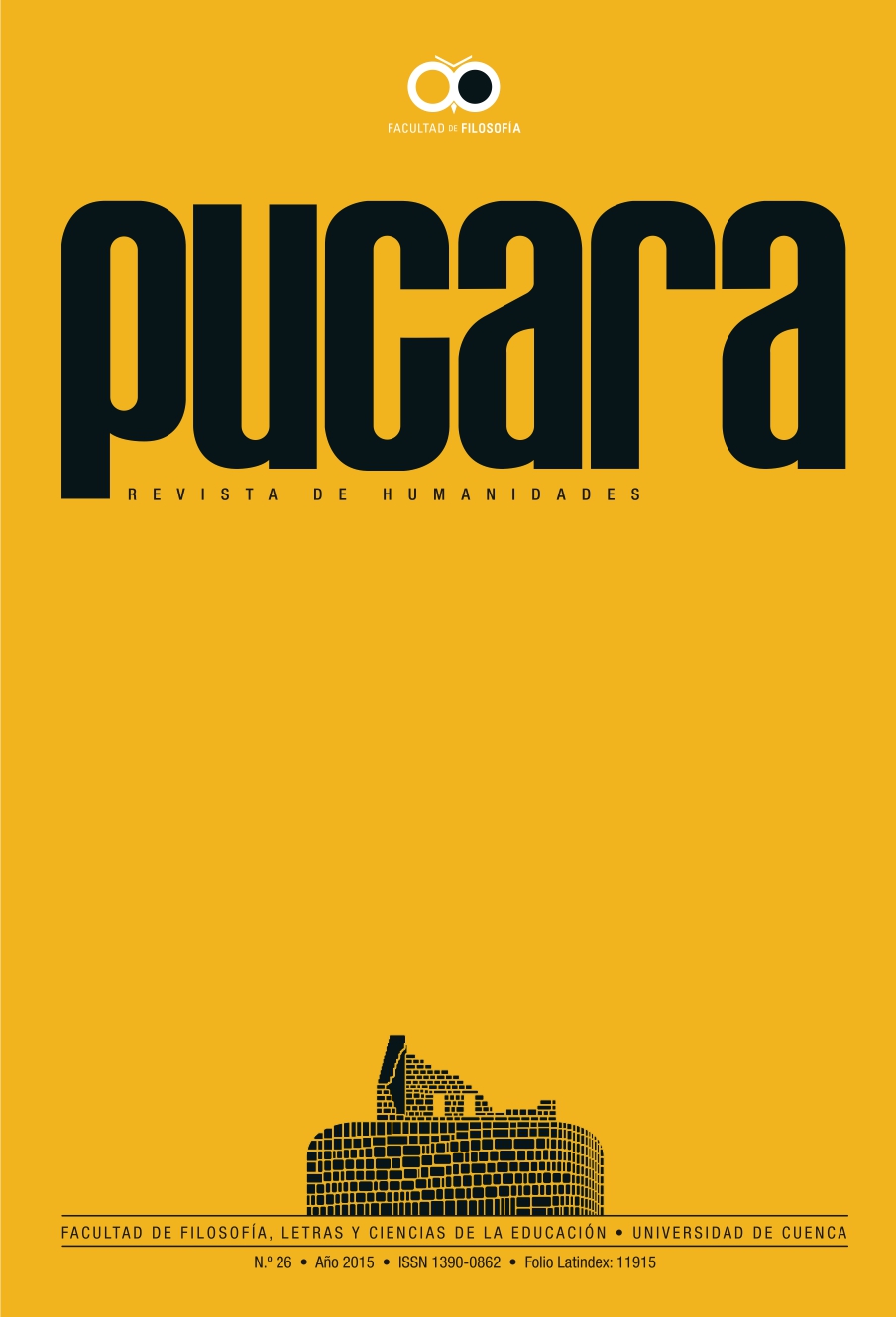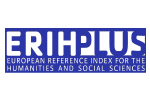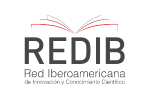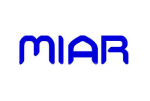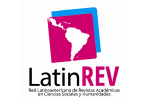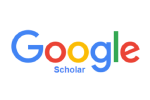¿Preparamos docentes para una nueva educación?
DOI:
https://doi.org/10.18537/puc.26.12Palabras clave:
formación docente, innovación educativa, relación teoríapráctica, modelos mentales.Resumen
El presente trabajo describe una investigación sobre la problemática de formación docente orientada a la innovación en escuelas de educación general básica (EGB). La investigación, que tuvo un enfoque cualitativo, fue realizada por un grupo de profesores de la Facultad de Filosofía de la Universidad de Cuenca, con estudiantes de los cohortes de 2006 y 2009, colegas de la misma carrera y maestras2 de escuelas de prácticas.
Resultó que las estudiantes, al terminar sus estudios en la facultad, tenían muy limitadas competencias de innovación educativa y –en contra de toda expectativa– tenían modelos mentales más tradicionales de enseñanza y aprendizaje que las estudiantes al inicio de los estudios. Se presentan algunas explicaciones y sugerencias aportadas por estudiantes y profesores de la carrera, las que han proporcionado una base importante para reestructurar el currículo de formación docente para EGB en la Universidad de Cuenca.
Descargas
Citas
Alliaud, Andrea. La biografía escolar en el desempeño de los docentes. Documento de trabajo N.° 22. Buenos Aires: Universidad de San Andrés (2007): 5-28.
Blanco, Rosa y Graciela Messina. Estado del arte sobre las innovaciones educativas en América Latina. Bogotá: Convenio Andrés Bello, 2000.
Cerda Gutiérrez, Hugo. De la teoría a la práctica. El pensar y el hacer en la ciencia y en la educación. Bogotá: Editorial Magisterio, 2005.
Coll, César. Aprendizaje escolar y construcción del conocimiento. Barcelona: Paidós, 1997.
De Lella, Cayetano. “Modelos y tendencias de la formación docente”, en I Seminario sobre Perfil del Docente y Estrategias de Formación, OEI. Lima 1999. Disponible en: http://www.oei.es/consultaoei.htm.
Fortoul, María Bertha. La concepción de la enseñanza según los estudiantes del último año de la licenciatura en Educación Primaria en México. Perfiles Educativos Vol. XXX, 119 (2008): 72-89. Freire, Paulo. Pedagogía de la autonomía, 10 ª ed., México D. F.: Siglo XXI, 2005
Gutiérrez, Francisco y Daniel Prieto Castillo. La mediación pedagógica. Apuntes para una educación a distancia alternativa. San José: RNTC -Universidades Rafael Landívar y San Carlos de Guatemala, 1992.
Korthagen, Fred y Jos Kessels. “Linking Theory and Practice: Changing the Pedagogy of Teacher Education”, in Educational Researcher, Vol. 28, 4 (1999): 4-17.
Murillo, Javier. Panorámica general de las aportaciones innovadoras. Modelos Innovadores en la Formación Inicial Docente. Santiago de Chile: OREALC/UNESCO (2006): 19-56.
Paredes, Itala y Alicia Inciarte. “Relación teoría-práctica en el quehacer curricular de la mención Educación Básica Integral”, en Omnia, Universidad de Zulia-Maracaibo, Vol. 12, 2 (2006): 124-147.
Perrenoud, Philippe. “La formación de los docentes en el siglo XXI”, en Revista de Tecnología Educativa (Santiago de Chile), Vol. XIV, 3 (2001): 503-523. Disponible en:
http://www.unige.ch/fapse/SSE/teachers/perrenoud/php_main/php_2001/2001_36.html.PROMEBAZ. Con nuevos lentes. Manejo curricular desde la mirada de los niños y las niñas. Cuenca: Proyecto de Mejoramiento de la Calidad de Educación Básica en el Azuay, 2007.
Rimari, Wilfredo. La innovación educativa. Un instrumento de desarrollo. (s. f.) Disponible en: http://www.uaa.mx/direcciones/dgdp/defaa/descagas/innovacion_educa-tiva _octubre.pdf.
Robalino, Magaly. “Los docentes pueden hacer la diferencia: apuntes acerca del desarrollo profesional y el protagonismo docente”, en Hacia una educación de calidad en el Ecuador. Enfoques y experiencias innovadoras. Cuenca/Loja: PROMEBAZ-PROCETAL (2008): 151-161.
Rodríguez, José Gregorio y Elsa Castañeda. “Los profesores en contextos de investigación e innovación”, en Revista Iberoamericana de Educación, N.° 25, abril de 2001. Disponible en: http://www.rieoei.org/rie25a05.htm.
Schön, Donald. El profesional reflexivo: cómo piensan los profesionales cuando actúan. Barcelona: Paidós, 1998.
Sierra y Arizmendiarrieta, Beatriz y Miguel Pérez Ferra. “La comprensión de la relación teoría-práctica: una clave epistemológica de la didáctica”, en Revista de Educación, N.° 342, (2007): 553-576.
Torres, Rosa María. “Nuevo rol docente: ¿Qué modelo de formación, para qué modelo educativo?”, en Aprender para el futuro. Nuevo marco de la tarea docente. Madrid: Santillana, Boletín N.° 49. Santiago de Chile: UNESCO-OREALC, 1999. Disponible en: http://convivenciaescolar.net/RACE/procesados/2%20La%20profesi%C3%B3n%20docente%20-%20Rosa%20Ma%20Torres.pdf.
Vogliotti, Ana y Viviana Macchiarola y Silvia Nicoletti y Gladys Morales. “La compleja vinculación teoría-práctica en tendencias de formación docente”, en Contextos de Educación, N.° 1, Universidad Nacional de Río Cuarto-Argentina, 1998. Disponible en: http://www.unrc.edu.ar/publicar/cde/h5.htm
Publicado
Cómo citar
Número
Sección
Licencia
Derechos de autor 2015 Bart van der Bijl

Esta obra está bajo una licencia internacional Creative Commons Atribución-NoComercial-CompartirIgual 4.0.
Copyright © Autors

Usted es libre de:
 |
Compartir — compartir y redistribuir el material publicado en cualquier medio o formato. |
 |
Adaptar — combinar, transformar y construir sobre el material para cualquier propósito, incluso comercialmente. |
Bajo las siguientes condiciones:
 |
Atribución — Debe otorgar el crédito correspondiente, proporcionar un enlace a la licencia e indicar si se realizaron cambios. Puede hacerlo de cualquier manera razonable, pero de ninguna manera que sugiera que el licenciador lo respalda a usted o a su uso. |
| No comercial — No puede utilizar el material con fines comerciales. | |
| Compartir Igual— si remezcla, transforma o desarrolla el material, debe distribuir sus contribuciones bajo la misma licencia que el original. |
| Sin restricciones adicionales: no puede aplicar términos legales o medidas tecnológicas que restrinjan legalmente a otros a hacer cualquier cosa que permita la licencia. |
Mayor información sobre este acuerdo de autoría y licencia, transferencia de derechos o solicitudes de reproducción, pueden ser consultados en este enlace.

